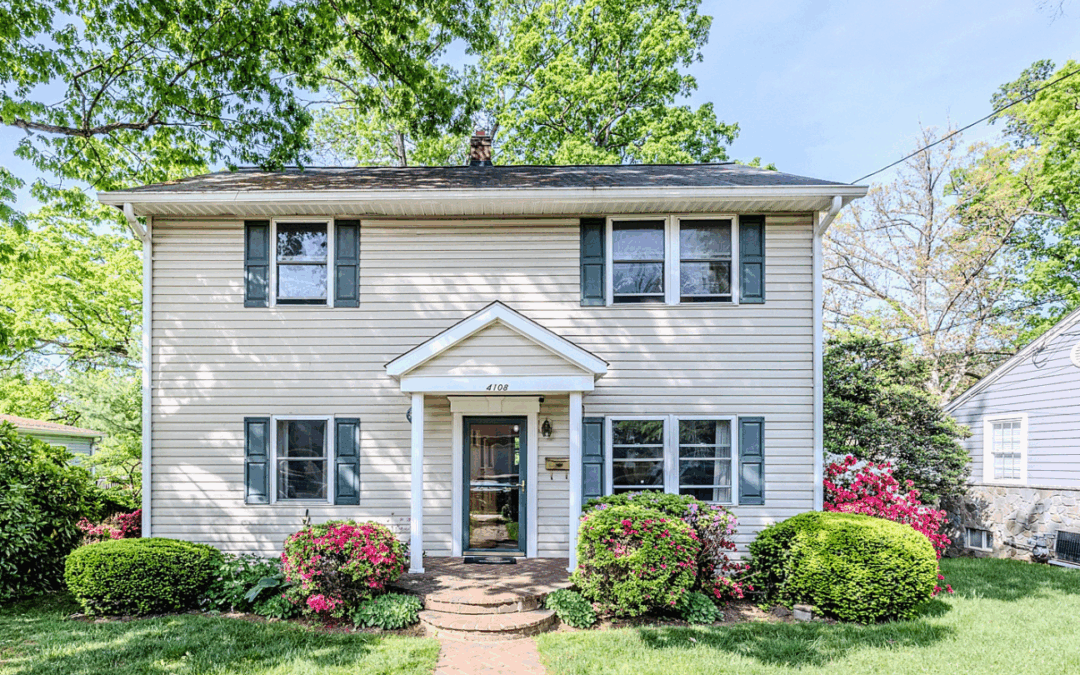Pros and Cons of HOAs
Homeowners’ Associations, commonly known as HOAs, are organizations that manage and maintain residential communities. While they can offer several benefits, they also come with their fair share of drawbacks. In this comprehensive exploration, we’ll delve into the pros and cons of HOAs, unraveling their intricate dynamics and empowering you to make an informed decision when considering living within an HOA-managed community.
Table of Contents:
- Definition and Purpose of HOAs
- Pros of HOAs
- Cons of HOAs
- Understanding Legal Aspects
- Evaluating HOAs
Definition and Purpose of HOAs
Homeowners’ Associations (HOAs) are central to many residential communities, significantly influencing residents’ quality of life. They are responsible for overseeing and maintaining communal areas like parks, playgrounds, pools, and even streets. Beyond physical upkeep, HOAs protect property values, ensuring a consistent and appealing community appearance. Furthermore, HOAs serve as mediators, resolving conflicts among homeowners and promoting a peaceful living environment.
In essence, HOAs are custodians of the complex fabric of community life, balancing property value preservation, meticulous space maintenance, and a harmonious atmosphere through established rules and regulations.
Before embracing life in an HOA, it’s essential to grasp both their advantages and disadvantages. This understanding will help you better understand if living with an HOA-managed community is right for you.
Let’s dive in.
Pros of HOAs
In the realm of Homeowners’ Associations (HOAs), the advantages are clear. They excel in property maintenance, offer amenities that enhance life, and institute rules for uniformity and peaceful coexistence.
1. Appealing Exterior Aesthetics
HOAs are committed to ensuring an overall attractive neighborhood appearance, enforcing strict rules and regulations around exterior home maintenance. These regulations, while they may seem stringent, ultimately enhance curb appeal and drive up property values.
2. Maintenance of Common Areas
Beyond individual homes, HOAs take pride in the upkeep of common areas such as parks, pools, and community centers. These well-maintained spaces offer residents a slice of luxury living without the hassles of personal upkeep.
3. Access to Community Facilities
The allure of HOAs often lies in the exclusive access they grant to an array of community facilities. From state-of-the-art gyms to pristine tennis courts, these amenities elevate the quality of life within the community, offering both recreation and convenience to its residents.
4. Enhanced Security Measures
Safety and security take center stage in HOA-managed communities. Gated entrances, vigilant surveillance systems, and regular patrols contribute to a heightened sense of security, granting residents peace of mind within their community.
5. Assistance with Conflict Resolution
Disputes are an inevitable part of community living, and here is where HOAs shine. They act as impartial mediators and ensure that conflicts are addressed and resolved in a fair and peaceful manner.
Cons of HOAs
While HOAs bring benefits, they also present challenges. Costs, limited autonomy, and governance issues can be frustrating.
1. Costly Monthly Dues
One of the principal concerns for homeowners within an HOA is the monthly dues. These fees are essential for funding HOA operations, but they can add a significant financial commitment to your homeownership journey.
2. Unforeseen Expenses
Occasionally, HOAs may require you to pay additional fees, also known as special assessments, to cover unexpected community expenses or fund capital improvements. These assessments can catch homeowners off guard and strain their financial resources.
3. Restrictions on Property Modifications
Living within an HOA means navigating a web of rules that govern property modifications. While these rules aim to maintain the overall aesthetic, they can limit homeowners’ creative freedom and customization.
4. Limited Personalization
The desire to instill your home with a sense of uniqueness may be constrained by HOA regulations. Striking a balance between personal expression and adherence to predetermined standards can be a challenge for many.
5. Powerful HOA Boards
HOA boards wield significant authority in shaping community life. However, issues can arise if board decisions lack transparency or if residents feel excluded from the decision-making process, leading to dissatisfaction and frustration.
Understanding Legal Aspects
Beyond the pros and cons, understanding HOA’s legal aspects, such as Covenants, Conditions, and Restrictions (CC&Rs), bylaws, dispute resolution, and legal recourse when needed, is vital.
CC&Rs and Bylaws
Understanding Covenants, Conditions, and Restrictions
CC&Rs are the bedrock of HOA living. They lay out the ground rules for residents, outlining what can and cannot be done within the community. Understanding these documents is essential to avoid future issues.
Bylaws and Their Impact
Bylaws govern the inner workings of the HOA itself. They dictate the election processes, decision-making procedures, and the responsibilities of board members. Familiarizing yourself with these bylaws is critical for understanding how the HOA functions.
Dispute Resolution
Mediation and Arbitration
HOAs often have built-in procedures for resolving disputes among residents. Mediation and arbitration are tools that can help prevent conflicts from escalating to legal battles.
Legal Recourse
In rare instances, when disputes cannot be resolved within the confines of the HOA, residents may resort to legal action to protect their rights and interests.
Additionally, it’s important that residents within HOAs understand their rights as homeowners.
Evaluating HOAs
Before joining an HOA community, assess personal needs, evaluate community rules, conduct research, and engage in due diligence to make an informed decision.
Assessing Personal Needs and Preferences
Lifestyle and Values
Your compatibility with an HOA community hinges on how well its rules and regulations align with your lifestyle and personal values. Consider whether the community’s culture resonates with your own.
Financial Considerations
Gauge the financial obligations that come with HOA living against your budget. Assess whether the monthly dues and potential special assessments fit comfortably within your financial framework.
Research and Due Diligence
Interviewing Current Residents
Current residents can provide invaluable insights into daily life within the community. Engage with them to gain a firsthand understanding of the HOA’s effectiveness and any challenges you might encounter.
Reviewing HOA Documents
Before committing to an HOA community, dedicate time to scrutinize the CC&Rs, bylaws, and financial records. This thorough review will ensure that your expectations align with the community’s regulations and financial stability.
The Bottom Line
Homeowners’ Associations offer a multifaceted living experience, filled with advantages and challenges. As you contemplate residing in an HOA-managed community, it is paramount to weigh the pros and cons meticulously, conduct thorough research, and introspectively consider your unique needs and preferences.
Armed with this knowledge, you can confidently make a choice that aligns with your lifestyle and aspirations, ensuring a harmonious and fulfilling living experience in your chosen community.
In Need of Assistance?
We’d be more than happy to help! Jennifer Young Homes has a dedicated team of experienced agents across the DMV, ready to help you understand if HOA living is right for you. We offer free, no-strings-attached consultations, so don’t hesitate to reach out with any questions!



